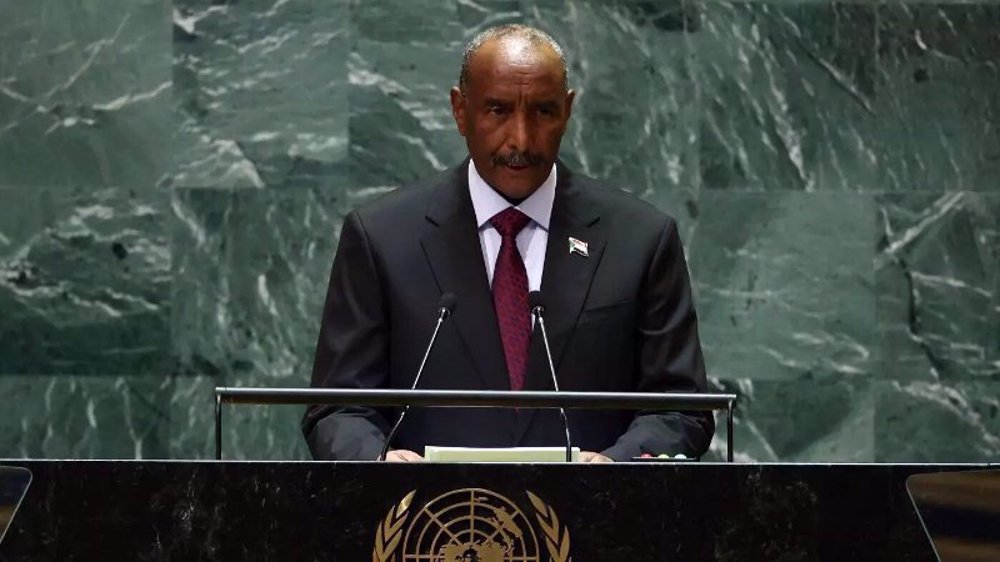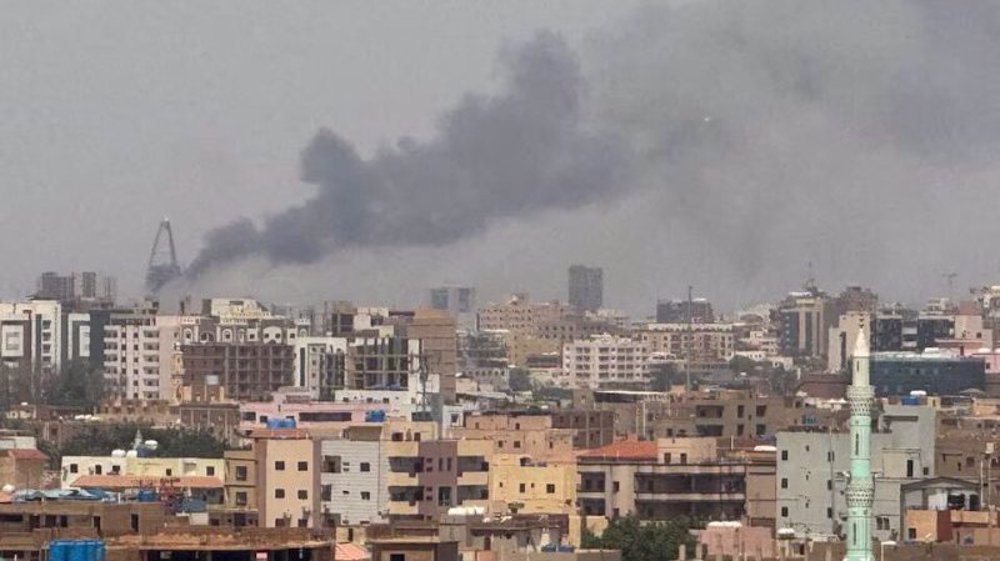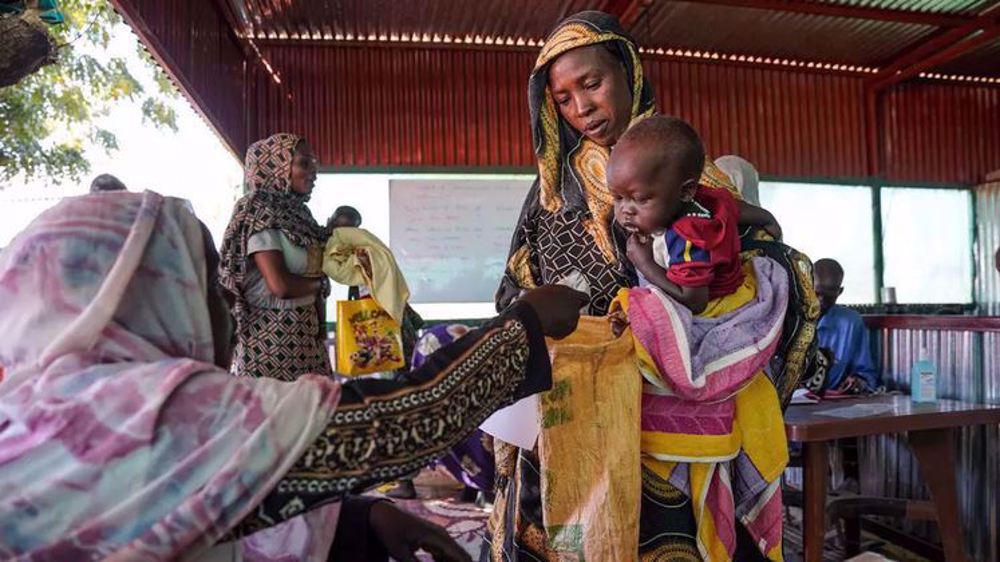Amnesty accuses Sudan of using chemical weapons in Darfur
Amnesty International has accused the Sudanese government of having conducted chemical attacks against civilians in the conflict-ridden Darfur region, likely killing up to 250 people.
In a report published on Thursday, the international human rights group said Sudanese government forces carried out at least 30 gas attacks in the mountainous area of Jebel Marra in Darfur between January and September this year.
“An Amnesty International investigation has gathered horrific evidence of the repeated use of what are believed to be chemical weapons against civilians, including very young children, by Sudanese government forces in one of the most remote regions of Darfur over the past eight months,” the report said.
“Between 200 and 250 people may have died as a result of exposure to the chemical weapons agents, with many or most being children,” Amnesty said.
In the nearly 100-page report, the rights group also claimed that the forces had carried out “indiscriminate bombing of civilians... unlawful killing of men, women and children and the abduction and rape of women” in Darfur’s Jebel Marra.

Amnesty said it had given the evidence it had collected — including gruesome photographs of children suffering from chemical burns, satellite imagery, and interviews with more than 200 survivors — to two independent chemical weapons experts, who concluded that chemical agents had been used.
“Both concluded that the evidence strongly suggested exposure to vesicants, or blister agents, such as the chemical warfare agents sulfur mustard, lewisite or nitrogen mustard,” the report read.
Tirana Hassan, Amnesty International’s director of crisis research, expressed deep concern about the issue, saying “The scale and brutality of these attacks is hard to put into words.”
“The evidence we have gathered is credible and portrays a regime that is intent on directing attacks against the civilian population in Darfur without any fear of international retribution,” she noted.
‘We don’t have chemical weapons’
Sudanese Ambassador to the UN Omer Dahab Fadl has, meanwhile, rejected the claims made in the Amnesty report, saying the accusations were “utterly unfounded” and that Sudan was not in possession of chemical weapons.
“The allegations of the use of chemical weapons by Sudanese Armed Forces are baseless and fabricated. The ultimate objective of such wild accusation, is to steer confusion in the ongoing processes aimed at deepening peace and stability and enhancing economic development and social cohesion in Sudan,” he said.

Violence broke out in Darfur in 2003 when ethnic minority rebels rose against long-time ruler Omar al-Bashir, accusing his Arab-dominated government of marginalizing the region.
There has also been tribal fighting in the region.
Some 2.5 million people have been displaced in Darfur, according to the latest UN figures, which also show that over 300,000 people have died there since violence began.
The United Nations African Union Mission in Darfur (UNAMID) was launched in 2007 in a bid to protect civilians and restore stability to the restive region.
Darfur was a united region since its incorporation into Sudan in 1916 until 1994, when Bashir divided it into three states, adding two more in 2012.
The US has imposed trade sanctions against Sudan since 1997, citing the situation in Darfur.
Nov. 4: ‘Axis of Resistance’ operations against Israeli occupation
Britons demand release of pro-Palestine activists
VIDEO | Israel's unwinnable war in Lebanon
Non-aligned nations condemn Israeli violation of Iran's sovereignty
IRGC: 10 foreign-backed terrorists killed, arrested in Sistan and Baluchestan
Iran calls on EU to end targeting ordinary Iranians after missile transfer claims refuted
UK police detain Jewish scholar Haim Bresheeth following pro-Palestine address
VIDEO | Iraqi resistance strikes key Israeli targets in occupied territories













 This makes it easy to access the Press TV website
This makes it easy to access the Press TV website